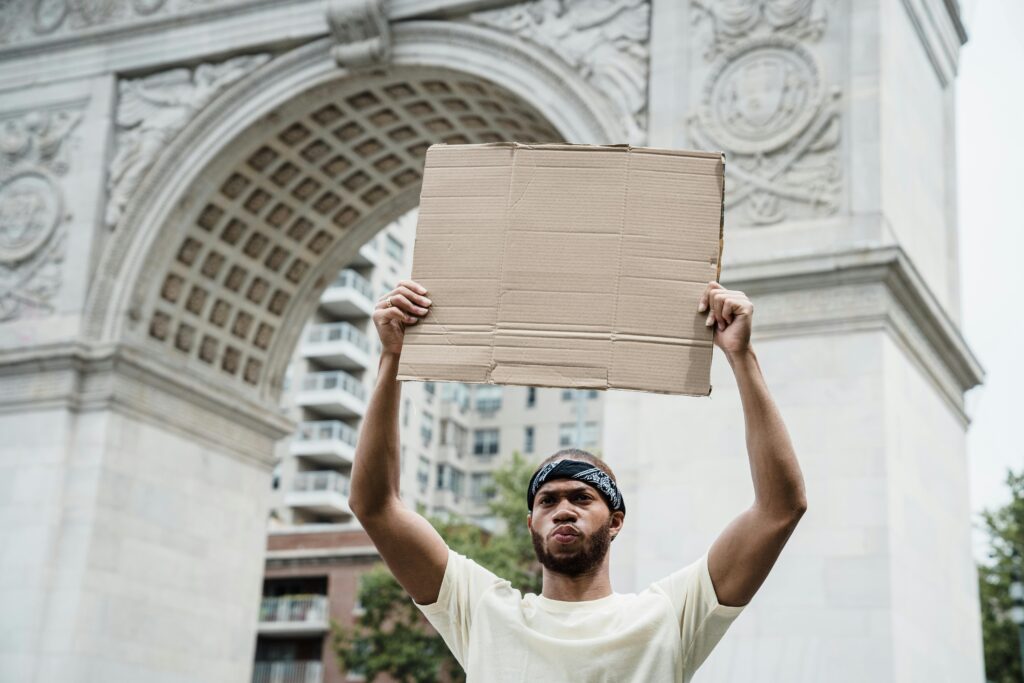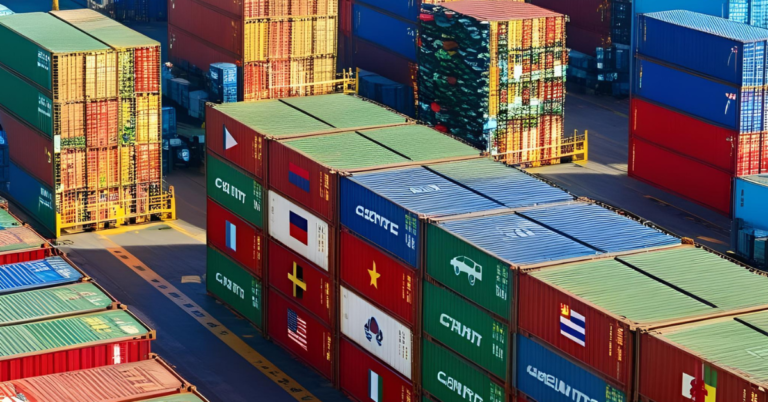
The U.S. government has recently launched a new deportation initiative that’s making headlines across immigrant communities and policy circles alike. In a notable shift, the Biden administration has begun deporting unauthorized migrants from African and Asian countries to Panama — a move seen by many as both a diplomatic breakthrough and a humanitarian challenge.
While Panama is often viewed as a transit country for many migrants heading toward the U.S., these deportation flights mark the first time the U.S. has systematically sent migrants back there in coordination with Panamanian authorities. More than 300 migrants have been deported through this process so far, originating from countries like Afghanistan, India, China, Nigeria, and Pakistan.
Immigration advocates and legal experts are raising red flags. Concerns include the conditions awaiting deportees in Panama, such as remote detention camps in the Darién jungle where access to legal representation is limited. Reports show some migrants are left in legal limbo, facing unclear paths forward.
In one case, a group of migrants deported to Panama were kept in camps for weeks with no indication of where they would go next. While some agreed to voluntary return flights to their countries of origin, others were left without clear options.
Legal challenges are already underway in the U.S. A federal judge recently blocked the deportation of some migrants to third countries without giving them a chance to argue why that could be dangerous, stressing that everyone deserves a “meaningful opportunity” to be heard before removal.
This new policy raises complex ethical and legal questions. How do we balance border security and humanitarian obligations? What rights do migrants retain in transit zones?
As this story unfolds, it’s clear that the implications go beyond borders. African and Asian migrant communities in the U.S. are watching closely, while immigration advocates continue to push for policies that protect the dignity and safety of all people on the move.
While Panama is often viewed as a transit country for many migrants heading toward the U.S., these deportation flights mark the first time the U.S. has systematically sent migrants back there in coordination with Panamanian authorities. More than 300 migrants have been deported through this process so far, originating from countries like Afghanistan, India, China, Nigeria, and Pakistan.
Immigration advocates and legal experts are raising red flags. Concerns include the conditions awaiting deportees in Panama, such as remote detention camps in the Darién jungle where access to legal representation is limited. Reports show some migrants are left in legal limbo, facing unclear paths forward.
In one case, a group of migrants deported to Panama were kept in camps for weeks with no indication of where they would go next. While some agreed to voluntary return flights to their countries of origin, others were left without clear options.
Legal challenges are already underway in the U.S. A federal judge recently blocked the deportation of some migrants to third countries without giving them a chance to argue why that could be dangerous, stressing that everyone deserves a “meaningful opportunity” to be heard before removal.
This new policy raises complex ethical and legal questions. How do we balance border security and humanitarian obligations? What rights do migrants retain in transit zones?
As this story unfolds, it’s clear that the implications go beyond borders. African and Asian migrant communities in the U.S. are watching closely, while immigration advocates continue to push for policies that protect the dignity and safety of all people on the move.
While Panama is often viewed as a transit country for many migrants heading toward the U.S., these deportation flights mark the first time the U.S. has systematically sent migrants back there in coordination with Panamanian authorities. More than 300 migrants have been deported through this process so far, originating from countries like Afghanistan, India, China, Nigeria, and Pakistan.
Immigration advocates and legal experts are raising red flags. Concerns include the conditions awaiting deportees in Panama, such as remote detention camps in the Darién jungle where access to legal representation is limited. Reports show some migrants are left in legal limbo, facing unclear paths forward.
In one case, a group of migrants deported to Panama were kept in camps for weeks with no indication of where they would go next. While some agreed to voluntary return flights to their countries of origin, others were left without clear options.
Legal challenges are already underway in the U.S. A federal judge recently blocked the deportation of some migrants to third countries without giving them a chance to argue why that could be dangerous, stressing that everyone deserves a “meaningful opportunity” to be heard before removal.
This new policy raises complex ethical and legal questions. How do we balance border security and humanitarian obligations? What rights do migrants retain in transit zones?
As this story unfolds, it’s clear that the implications go beyond borders. African and Asian migrant communities in the U.S. are watching closely, while immigration advocates continue to push for policies that protect the dignity and safety of all people on the move.



